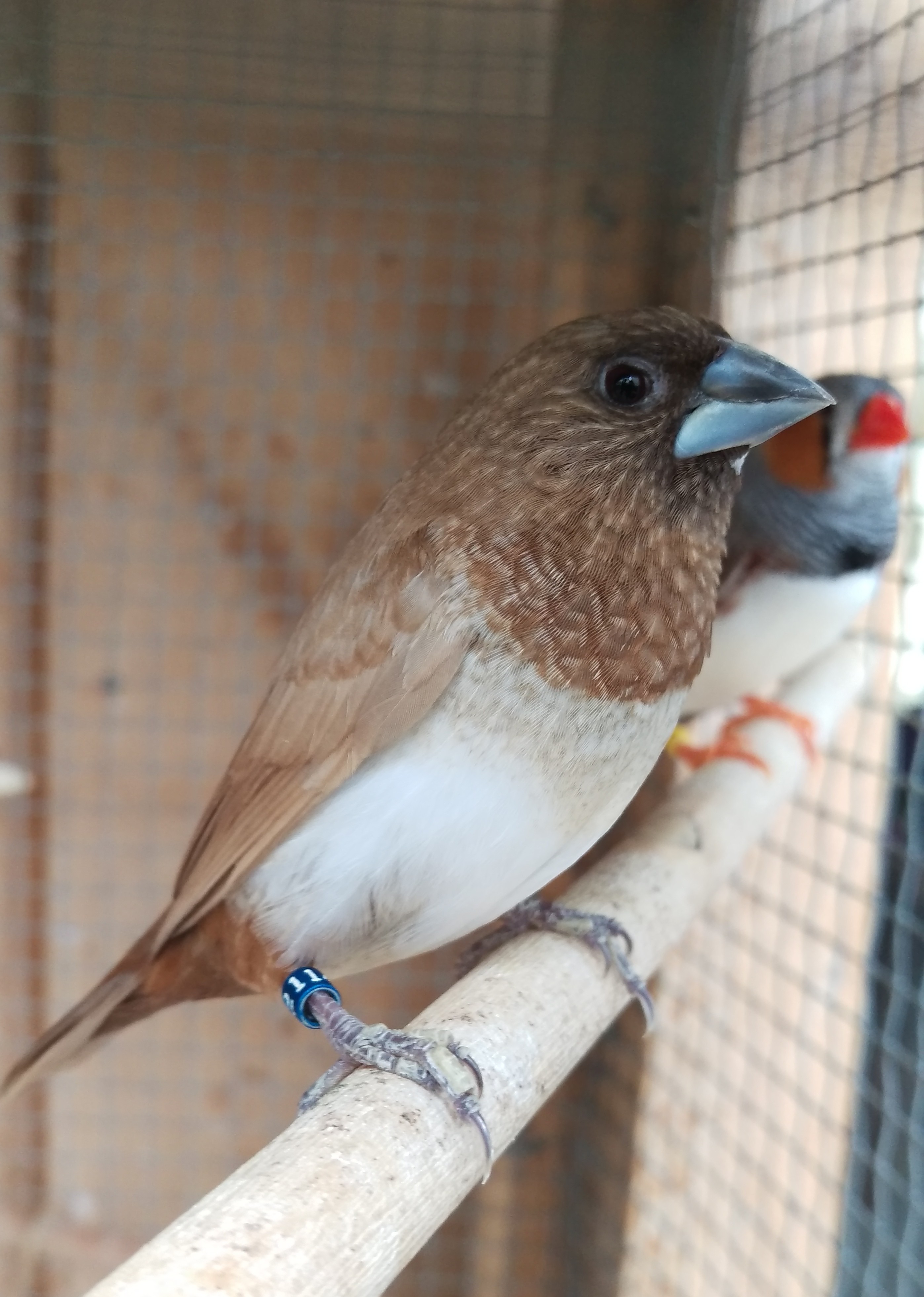“Party for Africa” was a fundraiser organized by the Acadia Rotaract club for the Kikima grannies, who support the Kikima village in Kenya, East Africa. The title of the event is what initially caught my attention and after reading the Facebook page, I felt an urgency to voice my opinion, as I found the marketing strategy of the event to be problematic. Although I can recognize the intent of the event, it doesn’t change the fact that the language used reified stereotypes associated with Africa, and was quite offensive.
Africa is part of the global south, which carries with it a reputation of receiving humanitarian aid from developed countries whether solicited or not. However, the entire continent does not need this; not all parts of a country in Africa need humanitarian aid. Mainstream media continually perpetuates the portrayal of the African continent as an impoverished and distraught landscape, which has inherently been embedded in our psyche to view all parts of the continent as such. When you think of Africa, what comes to mind is safaris, extreme poverty, child soldiers, civil wars etc. This is not to say that this is mythological, but I think it is imperative to address these stereotypes and recognize both modern and traditional African communities for what they are today – innovative, resilient, and progressive.
As a part of an academic institution, each of us share the responsibility to educate one another and to speak up against pigeonhole stereotypes and marginalizing comments within our immediate community. It is unfortunate that within a highly esteemed learning community, issues like this are still prevalent. However, incidents like “Party for Africa” provide a platform for critical dialogue like this to take place, where we can build on our knowledge of anti-racist strategies and further educate and encourage others to join the conversation. Necessary critical dialogue helps to identify productive ways of discussing race while developing respectful and inclusive spaces in which they can occur.
Initially, when I confronted the organizers of the event, I was informed that the theme “African Safari” and its slogan, “from Africa for Africa,” was a strategic marketing approach to get a good turnout despite it being problematic. This urges me to pose the question: how do we as members of an academic institution negotiate marketing strategies within our community, where we have to take into consideration the ethics that govern us, and how do we compare them to commercialized marketing strategies to yield success? When is it ever acceptable that marketing takes precedence over stereotypical and racist remarks? I do not have the answers to these questions, however being aware of them and recognizing their impact in a community with about 400 international students, is a good place to start.




